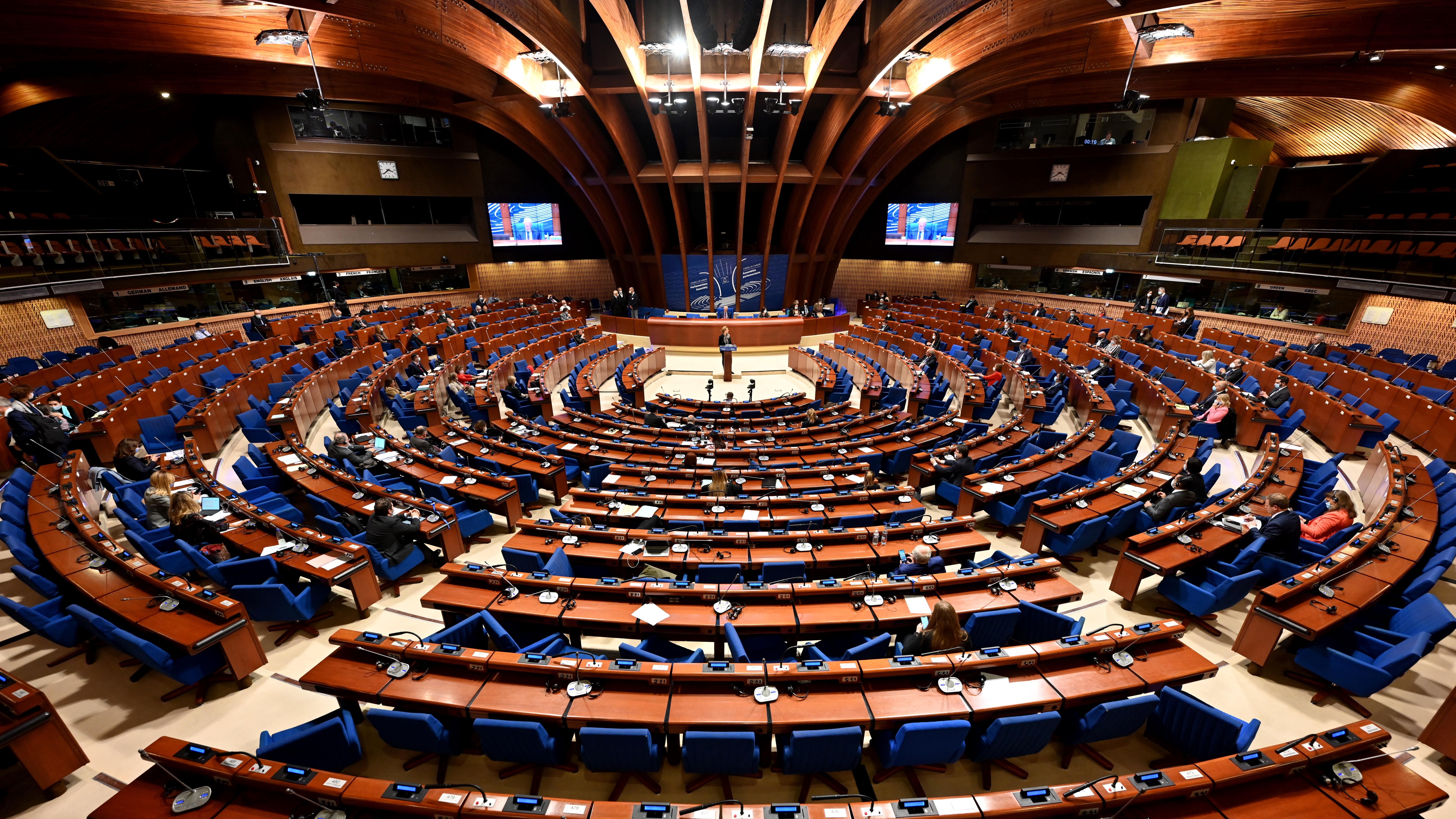Landmark amendments to international cyber crime treaty set to be signed next week
It's only the second amendment to the historically significant Budapest Convention since it was introduced in 2001


A landmark amendment to the Convention on Cybercrime, known as the Budapest Convention, is set to be officially adopted next week in Strasbourg, strengthening law enforcement powers.
Authorities are said to be finding it increasingly difficult to obtain the evidence they need to identify cyber criminals, especially when investigating in other countries.
The new powers, which fall under the Second Additional Protocol to the Budapest Convention, aim to provide law enforcement agencies with the ability to more easily and expeditiously secure the information they need to continue investigating cyber criminals.
For the first time, authorities will be able to make direct requests for information to registrars in foreign jurisdictions to understand to whom a given domain is registered, making it easier to find out who is running a criminal forum, for example.
Authorities will also now have the power to mandate rapid cooperation with foreign companies in situations where lives are believed to be at risk.
It will also create “more effective means” to obtain and share data between authorities operating in different jurisdictions, and promote easier cooperation on joint investigations.
Over the course of the past year, international law enforcement agencies have been clamping down on cyber crime and collaborative efforts have led to a number of high-profile arrests.
Sign up today and you will receive a free copy of our Future Focus 2025 report - the leading guidance on AI, cybersecurity and other IT challenges as per 700+ senior executives
Investigations conducted by authorities in Europe working with other European states, as well as the US and Australia, have led to arrests of alleged REvil ransomware gang members and the alleged operators of hacker platform RaidForums.
“The evidence needed to identify criminals and bring them to justice can be on servers in foreign, shifting, or unknown locations,” said the Council of Europe (CoE).
RELATED RESOURCE

The Total Economic Impact™ of Mimecast
Cost savings and business benefits enabled by using Mimecast with Microsoft 365
“Yet, investigators are limited to their own territory and traditional ways to obtain evidence from other jurisdictions are often not effective. This means that only a fraction of criminals are caught and that victims rarely obtain justice.”
The CoE said every new action that authorities will soon be able to perform under the Second Additional Protocol will be subject to stringent safeguards to ensure compliance with human rights and rule of law, especially in matters concerning personal data.
The amendment to the Budapest Convention will be officially signed over the course of a two-day event next week on 12-13 May.
The Budapest Convention was introduced in November 2001 and marked the world’s first legal treaty to tackle cyber crime.
The first Additional Protocol was added in 2003, criminalising the communication of racist or xenophobic acts through computer systems.
A total of 66 countries have ratified the Budapest Convention in domestic law, 13 have been invited to accept it and 140 countries worldwide are working with the CoE to reinforce their domestic legislation to address cyber crime, it said.
The CoE is a separate entity from the European Union (EU) and has 46 member states, of which the UK is one. It also has six ‘observer states’, among which are the US and Canada, that are not full members - since they are outside of Europe - but agree with its aims and want to participate in its initiatives.

Connor Jones has been at the forefront of global cyber security news coverage for the past few years, breaking developments on major stories such as LockBit’s ransomware attack on Royal Mail International, and many others. He has also made sporadic appearances on the ITPro Podcast discussing topics from home desk setups all the way to hacking systems using prosthetic limbs. He has a master’s degree in Magazine Journalism from the University of Sheffield, and has previously written for the likes of Red Bull Esports and UNILAD tech during his career that started in 2015.

